#Privacy
Senators Franken And Coons Question OnStar Over New Policies
Editor’s note: When I wrote about OnStar’s latest round of privacy concerns, I didn’t realize that the chairman of the Senate Judiciary subcommittee on privacy, technology and the law had voiced his own concerns in a letter published just the day before. Here is the letter, as published at Senator Franken’s website. OnStar has already said it will respond to specifically to the concerns of Senators Franken and Coons.
Ms. Linda Marshall, President
OnStar Corporation
400 Renaissance Center
Detroit, MI 48265
Dear Ms. Marshall:
We are writing to express our serious concern with OnStar’s announcement earlier this week that it would continue to track the GPS locations of its customers’ vehicles even if those customers have affirmatively ended their contractual plans with OnStar. In this email announcement, OnStar informs its current and former subscribers that it reserves the right to track their locations “for any purpose, at any time.” It appears that the only way to stop this tracking is to actually call OnStar and request that the data connection between OnStar and the vehicle be terminated; this service is not available online. OnStar further reserves the right to share or sell location data with “credit card processors,” “data management companies,” OnStar’s “affiliates,” or “any third party” provided that OnStar is satisfied that the data cannot be traced back to individual customers. See OnStar, Privacy Statement: Effective as of December 2011. In a nutshell, OnStar is telling its current and former customers that it can track their location anywhere, anytime—even if they cancel their subscriptions—and then give or sell that information to anyone as long as OnStar deems it safe to do so.
Onstar Responds To Privacy Concerns. Again. Still.
Concerns over privacy have haunted GM’s OnStar business for as long as it’s been around, and responses like this video have become something of an annual routine for OnStar’s executives. The latest round of furor involves changes to OnStar’s policies, which the New York Times describes thusly
The first regards what happens when a customer cancels the service. Until now, when OnStar service stopped, so did the vehicle’s two-way communications system. As of Dec. 1, however, that will not necessarily be the case. Vehicles of owners who no longer subscribe could still be monitored via the system’s still-active two-way cellular link.
The second policy change concerns the potential use of the data collected by OnStar, which includes information like the vehicle’s speed and location, current odometer reading, driver seat-belt use and air-bag deployment. Under the new terms, OnStar reserves the right to share that information with other companies and organizations, even data culled from motorists who no longer subscribe to the service but who have left the two-way communications connection open.
Of course, OnStar says GM customers can opt out of the service, but it’s making the case that by only sharing anonymous data, it can limit meaningful privacy concerns. But OnStar doesn’t exist in a vacuum, and as it continues to sell Americans on the notion that security is worth sacrificing some sense of privacy for, it will find itself increasingly pulled into a national debate.
2011: A DMV Odyssey
[Editor’s Note: This piece, by Eric Peters, has been republished from the National Motorist’s Association blog. It originally appeared at epautos.com.]
Big Brother’s doing a bit more than just watching you these days.
Remember the last time you got your driver’s license renewed? You may recall the procedure for taking your picture was a bit different than it used to be.
Instead of the usual “smile” you might have been told to do no such thing — very specifically. To be as expressionless as possible. And that the system seemed more “high-tech” than it used to be. Instead of receiving your new license on-site, it would be mailed to you in a week or so — from some unspecified “secure location,” perhaps.
You may have been told or seen signs or been given literature explaining that the new way of taking your picture is part of new security measures designed to make it harder for people to manufacture fake IDs (since a driver’s license is the de facto national ID in this country).
But they probably didn’t mention that the pictures — digitized images, actually — were to be downloaded into a new database that uses facial recognition software to “scan” for (are you surprised?) Terrorists — among other things.
Only it’s ordinary Americans who are being terrorized.
Want To Spy On The Kids/Spouse? Onstar Has The Answer!
GM’s Onstar division has long raised privacy concerns among the professionally paranoid, but now it’s putting all that observational power into the hands of consumers, with a pilot program called “Family Link.” Described in GM’s presser as “a new optional service that will explore ways subscribers can stay connected to their loved ones,” the service includes
- Vehicle Locate: The subscriber can log on to the Family Link website to view a map with the vehicle’s exact location at any time.
- Vehicle Location Alert: Subscribers can set up email or text message notifications to let them know the location of their loved one’s vehicle. They can choose the day, time and frequency of the alerts.
But that’s not all: if the pilot proves that consumers are willing to pay for the right to surveil their loved ones,
Future considerations for the pilot include Speed Alert, Boundary Alert and Arrival/Departure Alert.
Forget Big Brother… with this system, you can be Big Daddy, in the center of your own little family-sized panopticon. From making sure the kids stay out of trouble (“Say, son, what were you doing in downtown Detroit last night?”) to checking up on your loving spouse (“Honey, why did you say you were going to the gym, when you just parked for an hour at the Slee-Zee Snooze Motel?”), it’s how today’s on-the-go families foster an atmosphere of suspicion and mistrust. Because why let the government have all the voyeuristic fun?
The Driver License: Is It Necessary?
Do we really need one?
Opinions vary widely. In recent years, there have been two legislative efforts to convert the ubiquitous state driver license into a national ID card, making it the essential “show us your papers” document in order to navigate in, around, and through our society.
At the other end of the spectrum, a current movement to do away with the driver license altogether may seem impractical, but it is gathering momentum in regions around the U.S.
Which should it be – a federally-mandated document that uniquely identifies its holder and is necessary to provide the right to drive, to fly, and to participate in various governmental programs, or an extraneous card that serves no useful purpose in a society where individuals have the right to travel without restrictions?
Let’s examine these two diametrically opposed positions:
New Jersey: Court Approves Private GPS Spying
Police are not alone in the ability to secretly use GPS devices to track someone without his knowledge, the New Jersey Superior Court’s Appellate Division ruled Thursday. A three-judge panel made this decision in the context of a privacy invasion suit brought by Kenneth R. Villanova against Innovative Investigations Inc after his now ex-wife hired the private-eye company to spy on him. She intended to document alleged infidelities prior to filing for divorce in May 2008. At the firm’s suggestion, Villanova’s wife installed the tracking device on her husband’s GMC Yukon-Denali which followed the vehicle’s every move for forty days.
Nissan Leaf Owner Exposes CarWings Privacy Issue
Got A Mistress? Don't Buy That EV!
Automotive News [sub] hasn’t received the memo that EVs need good news, badly. Instead, AN hammers the last nail into the electric vehicle’s coffin. If range anxiety, the lack of 220V outlets at your curbside parking spot, and high prices aren’t enough to keep you away from an electric car, how about “an Orwellian future where faceless international corporations track your every move. Drop by the bar after work, call in sick to go to the beach, visit your mistress’ house. The all-seeing eye of Big Brother knows where you’ve been.”
That’s what will happen when you drive an EV, says Automotive News [EN]. Your green friend will snitch on you. 24/7.
Virginia Appeals Court Upholds Warrantless GPS Spying
Police officers in the commonwealth of Virginia can track the movements of motorists with secretly installed satellite tracking devices on their own authority, the state court of appeals ruled Tuesday. On February 1, 2008, Fairfax County police had attached a GPS tracking device to the work van of David L. Foltz, Jr based on a hunch that Foltz may have been involved in a series of crimes. The officers did not bother obtaining a warrant or asking the permission of the company that owned the van. The department used such devices on 159 such occasions between 2005 and 2007 but no policy guidelines were ever drafted to govern their use. Using a magnet and tape, an officer stuck the GPS unit under the van’s bumper while it was parked on a public street.
Toyota Critic Kane Peddling Recalled NHTSA Data?
Wisconsin Supreme Court Upholds GPS Spying With Warrant
Wisconsin’s highest court yesterday approved police use of Global Positioning System (GPS) devices to track motorists, as long as a valid search warrant is obtained. In 2003, Madison Police Detective Mary Ricksecker attached a tracking device to the 1980 Chevy Beretta as it sat on the private driveway belonging to Michael A. Sveum, then age 35. Sveum was suspected of stalking his ex-girlfriend, Jamie Johnson based on nine hang-up calls that were placed at payphones around the city. The tracking device was eventually used to connect Sveum to the time and place of other calls.
NHTSA's Complaint Database Leaks Private Information Like A Sieve
Our Canadian pal carquestions took a look through NHTSA’s public complaint database, and found four examples of personal information that NHTSA should have redacted but didn’t. You kow, things like names, birth dates, social security numbers, addresses, VINs, and drivers license numbers. And he found those four after searching through “12 or 15” of the 792,000 publicly-available NHTSA complaint cases. He’s calling on NHTSA to shut down public access to the database until it can get a handle on this problem. (The NHTSA listened.)






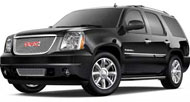
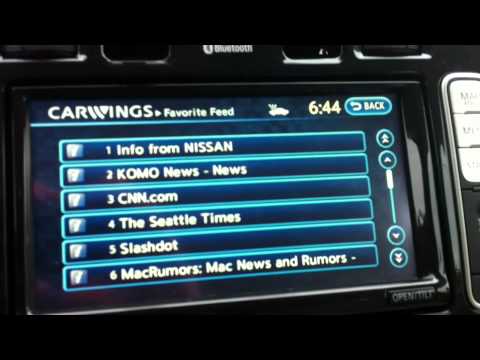
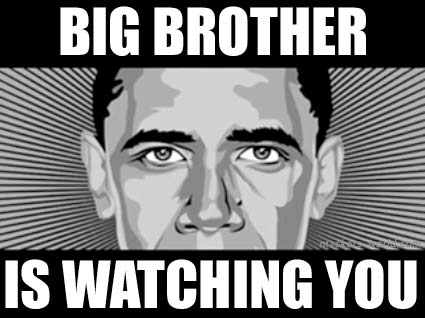
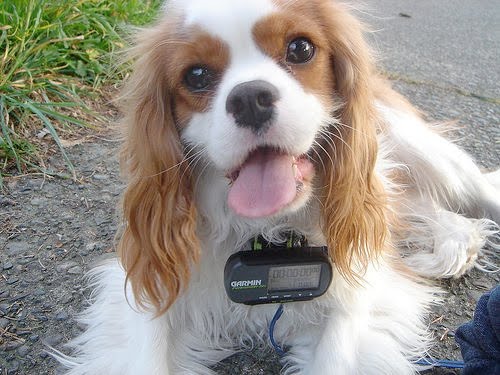
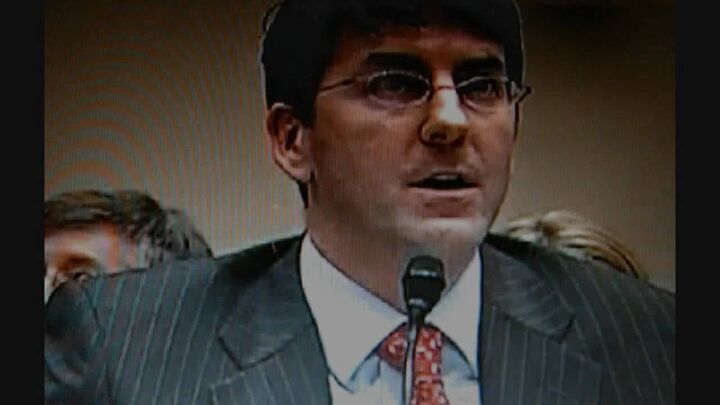

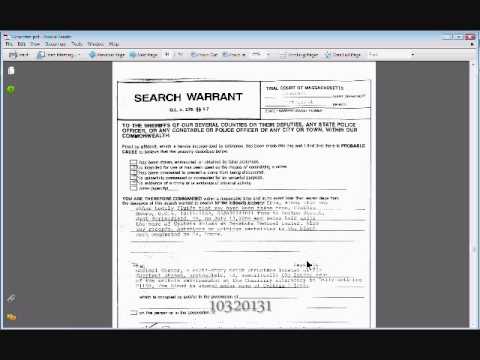












Recent Comments